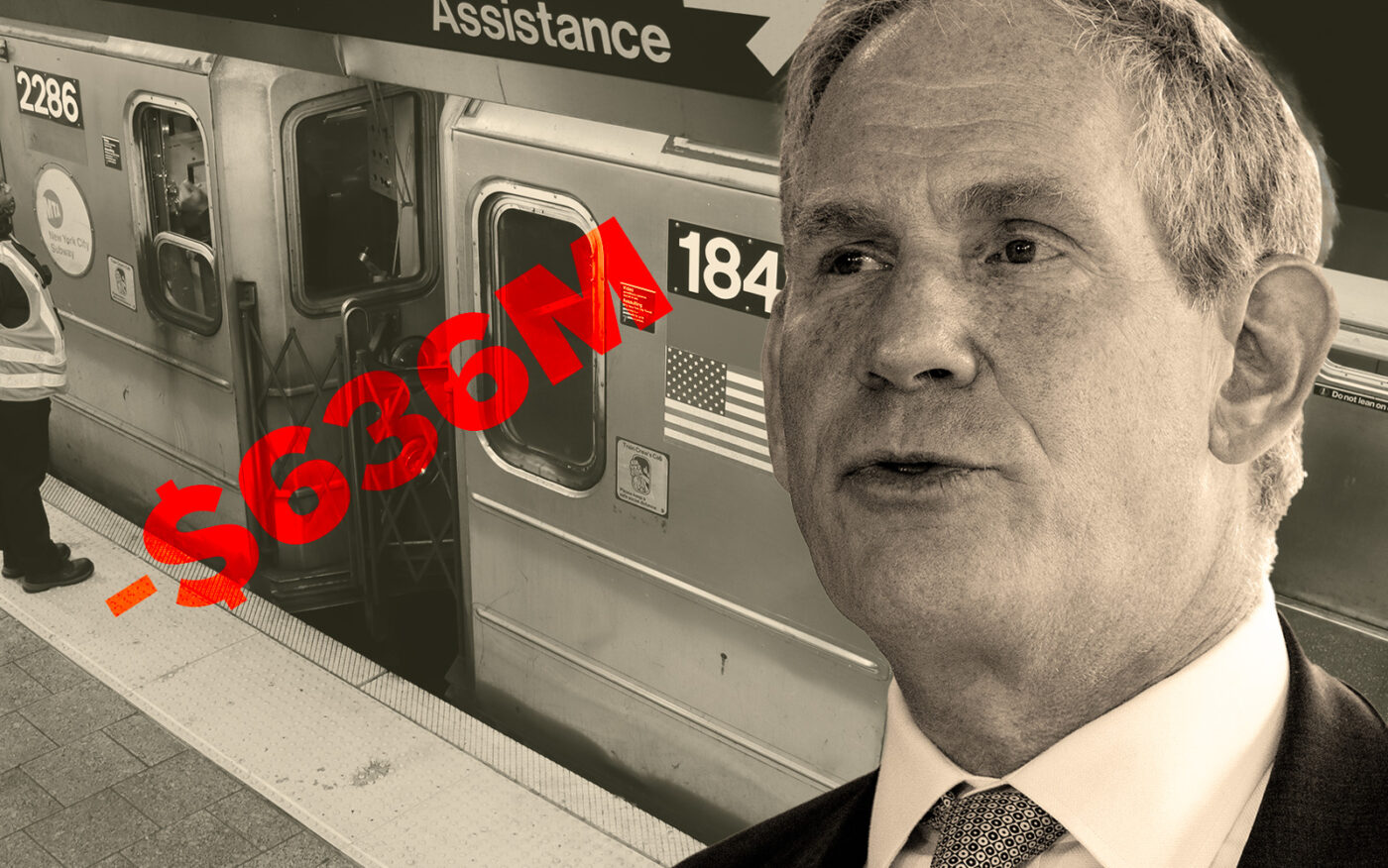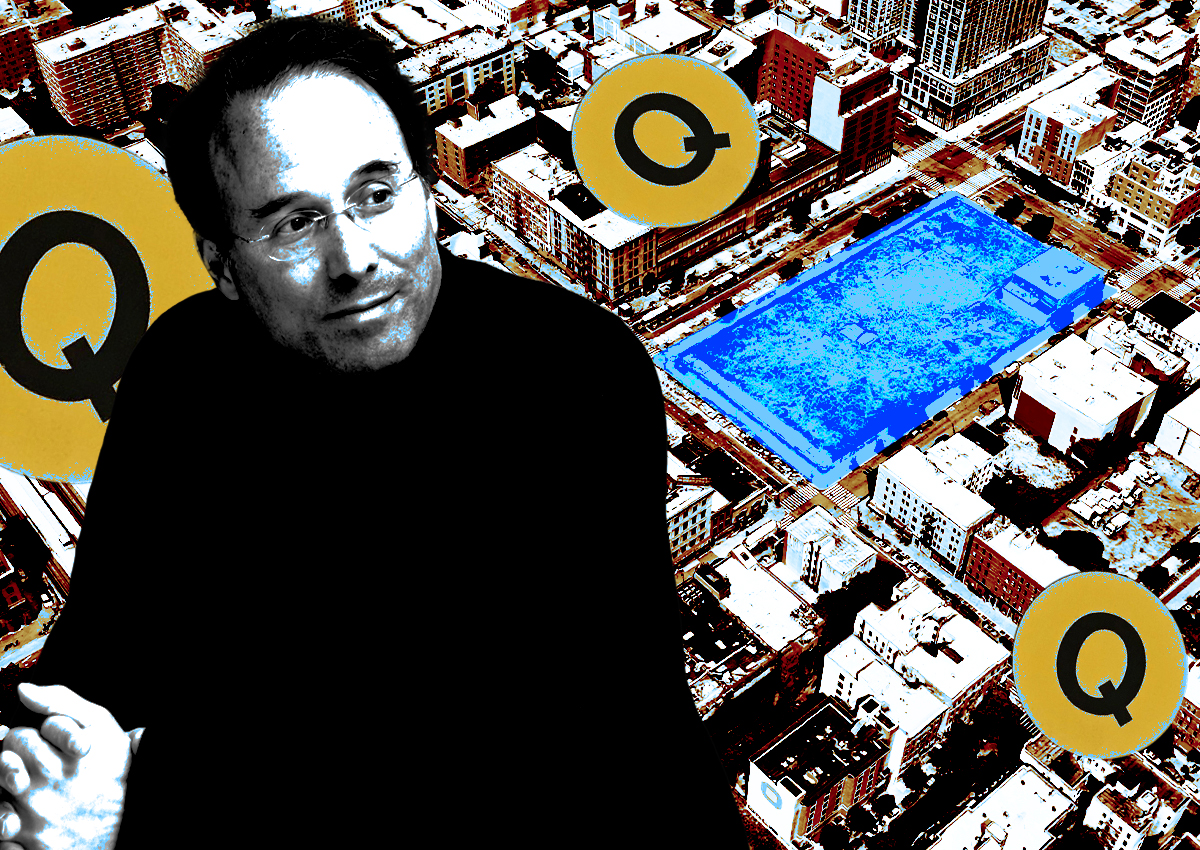 SL Green, Jeff Sutton lead 2023’s largest commercial sales
SL Green, Jeff Sutton lead 2023’s largest commercial sales
Trending
As commercial sales sour, New York’s subways and bridges suffer
Agency collected $636M less from real estate tax collections than 2022

One of the unexpected casualties of New York’s frozen commercial sales market is the city’s transportation system.
Last year, the Metropolitan Transportation Authority collected $636 million fewer in state real estate taxes than in 2022, Crain’s reported. The $741 million collected was a far 46 percent cry from the $1.4 billion collected a year earlier.
A portion of the MTA’s revenue derives from mortgage recording and real estate transaction taxes, which help fund the agency’s operating budget. As commercial sales and mortgage activity dipped, the MTA’s tax collections followed.
The MTA was prepared for the revenue drop, bringing its forecast down for projected real estate taxes for the year, anticipating a $600 million blow to its real estate tax revenue; the authority was only $16 million in the red based on what it projected. The transit agency was able to end the year with balanced books and expects to maintain that for the next five years, thanks to the state Legislature’s rescue package approved in early last year.
“The governor and the legislature did a really good job of making sure we don’t have to look in the couch cushions, but we have to keep an eye on every revenue source,” said Lisa Daglian, executive director of the Permanent Citizens Advisory Committee to the MTA.
The MTA’s chief financial officer, Kevin Willens, said Monday that the agency expected a rebound this year “to gain back a couple of hundred million.”
The MTA has other fish to fry on the revenue shortfall front. In 2022, for instance, the agency claimed to have lost $690 million in toll and fare revenue, as MTA riders and drivers evaded paying their share.
Over the summer, the fare to take the subway in New York City rose from $2.75 to $2.90. Additionally, the MTA has been rolling out fare gates to try and stop evaders from hopping the turnstiles.
— Holden Walter-Warner
Read more
 SL Green, Jeff Sutton lead 2023’s largest commercial sales
SL Green, Jeff Sutton lead 2023’s largest commercial sales
 Durst, MTA settle Second Avenue subway lawsuit
Durst, MTA settle Second Avenue subway lawsuit
 Extell sells Harlem site to MTA for $82M
Extell sells Harlem site to MTA for $82M




